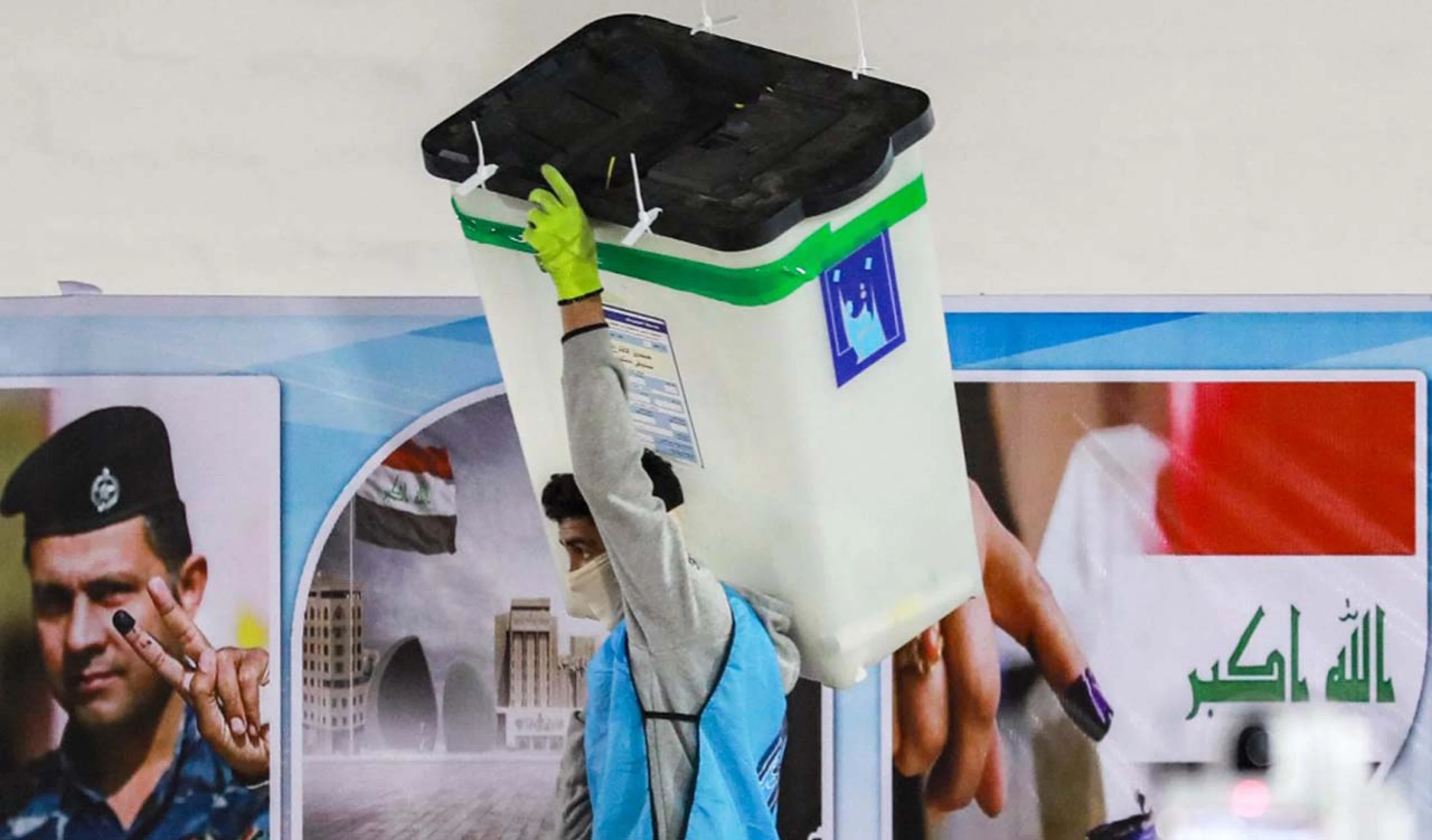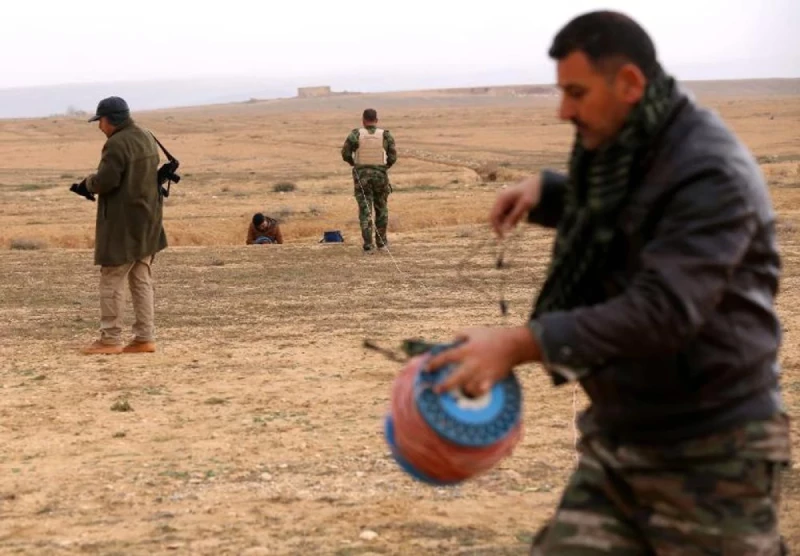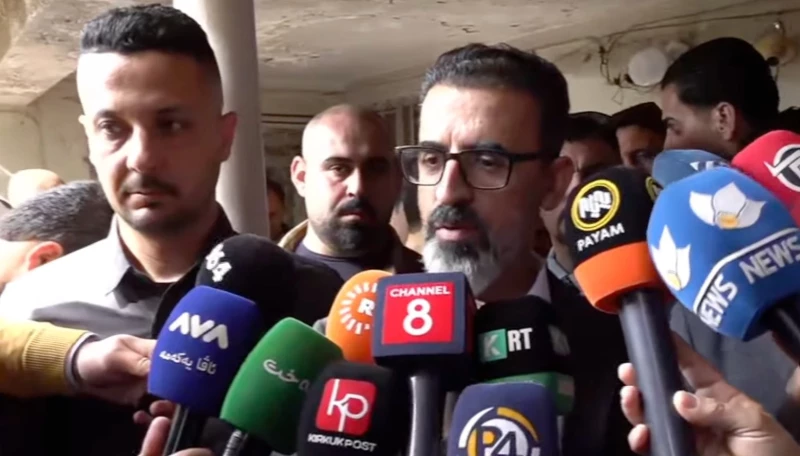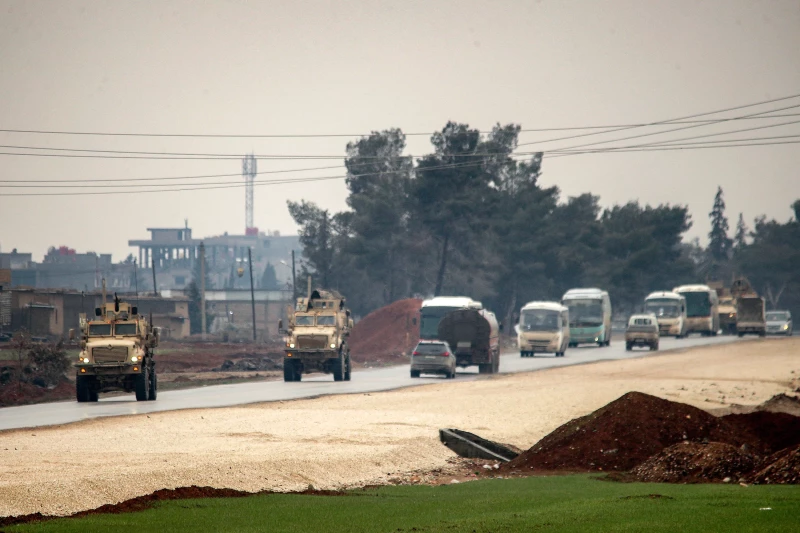ERBIL, Kurdistan Region of Iraq – Iraq’s electoral commission on Monday warned parties and candidates against using hate speech and discriminatory rhetoric while campaigning for the upcoming parliamentary elections, vowing that violators will be held accountable.
The Independent High Electoral Commission (IHEC) said it is closely monitoring the campaigns through social media platforms, satellite channels, and other media platforms, stressing that anyone who incites sectarian and ethnic tensions will be referred to the judiciary
Nibras Abu Souda, an IHEC spokesperson, said that the election bylaws “classify hate speech, incitement of violence, or stirring up nationalist and sectarian tensions as serious political violations.”
“These cases are addressed through two mechanisms: direct field monitoring by specialized committees, and complaints submitted by voters or political parties,” he told Iraq’s state al-Sabah newspaper.
Several candidates have already been excluded from the elections for inflammatory remarks, Souda noted, adding that international organizations also often issue their observations and recommendations when the electoral process ends.
Ali al-Bayati, head of the Defenders for Human Rights (DHR) organization and former spokesperson of the Iraqi High Commission for Human Rights (IHCHR), told state media that combating hate speech remains a key challenge in the country.
“Iraq has clear legislation and institutions specializing in combating hate speech, but the absence of effective institutional procedures has marginalized this issue, which has led to the growth of hate acts in the electoral scene,” he said.
The United Nations also plays an advisory role by providing guidelines to distinguish between free speech and hate speech, according to Diaa Thabet, coordinator for UNESCO Iraq's communications and information sector.
“We provide guidance and standards to practitioners in the electoral field and the media on how to distinguish between freedom of expression and hate speech,” Thabet said.
Iraq’s parliamentary elections are scheduled for November 11. The electoral silence period is slated for November 8 at 7 am, and electoral campaigns must be immediately halted afterwards.
Special voting is scheduled to take place a day after the silence period, where special forces and members of security services will cast their votes.
Campaigning for the federal parliamentary elections began in early October, with over 7,750 candidates competing for the 329 seats allocated across the provinces under a proportional representation system.



 Facebook
Facebook
 LinkedIn
LinkedIn
 Telegram
Telegram
 X
X


